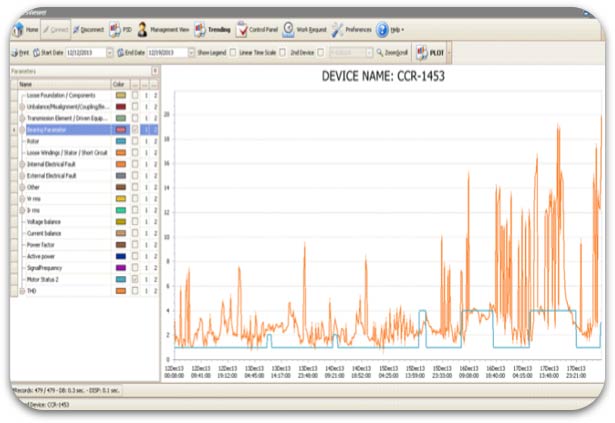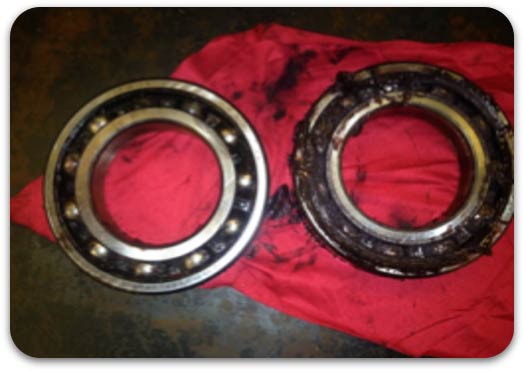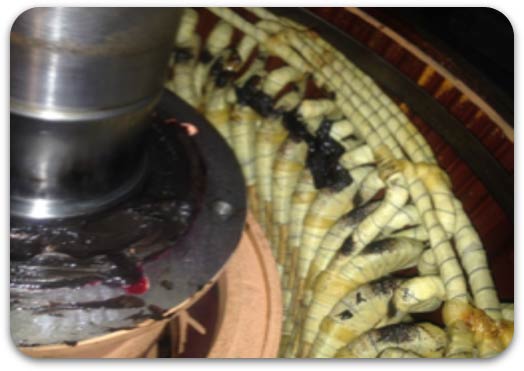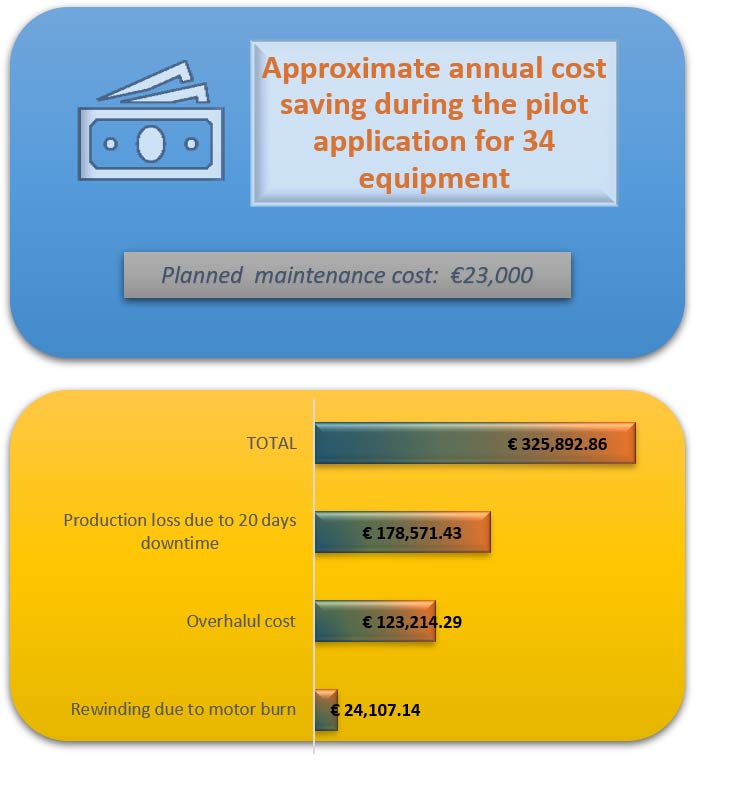Oil & Gas
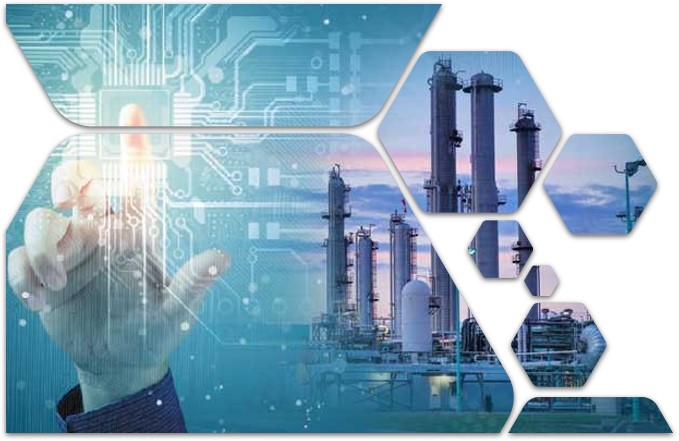
Oil & Gas
Because the Artesis system is simple to install and requires little user intervention in operation, it combines low start-up costs with the significant benefits of predictive maintenance. Since it doesn’t require any sensor installation on the equipment itself, and it can be installed in non-EX areas, Artesis eMCM is a particularly good solution for inaccessible equipment in the oil and gas industry.
Service Details
Typical applications where you can monitor either electrical, mechanical and water pumping conditions:
Monitor all motors connected to the different pumps in your wells to control the mechanical and electrical conditions at any time and without the need to reach hazardous and remote areas. In addition, you will be able to monitor the mud pumps of your drilling rigs to make sure the drilling process is properly completed.
With a continuous monitoring of these conditions Artesis technology is able to prevent you from stopping any well operation due to imbalance, misalignment, bearing damage or any other possible mechanical or electrical problem that may come up in the electric motors of your well pumping systems.
Monitor your Fluid Catalytic Unit (FCC) also known as the “cat cracker”, consider the heart of the refinery, without the need of installing any expensive sensors that may (or may not) withstand the higher temperatures generated in this process.
Some other important steps where Artesis technology can be very useful are Sulfur Recovery, Distillation, Water Treatment, Alkylation, among others where pumps, compressors, and fans are essential.
In addition, with the Artesis technology, you will be able to, without much effort, monitor all air compressors, fans, and other rotating equipment driven by electric motors which are numerous in any refining facility.
However, there are many risks due to the extraction of volatile substances under extreme pressure in a hostile environment.
Artesis technology can detect machinery problems far before they become a tragedy. Drilling machines, draw works, mud pumps, sheaves, and thrusters can be monitored continuously without installing sensors in hazardous areas.
CASE STUDIES
ROI Case of a Propane Compressor
ROI calculations are made for the K-1453 Propane Compressor monitored in an oil refinery. The CCR Unit’s Screw Type Propane Compressor started to give alarm from MCM system as shown in the figure below. This alarm is also verified by vibration monitoring as well.
The motor could burn: Total cost of rewinding would be €24,000
General overhaul of the compressor (changing casing, rotors, etc.): Total cost of the overhaul would be €123,000
Due to reduced throughput: Rewinding of a 440 KW motor could take 20 days. The daily loss of reduced throughput (100 m3/day) roughly 9,000 (90 €/m3). For 20 days total production loss would be €180,000
Finally, in the worst-case scenario, the total cost of maintenance would be €327,000.
Contact Us Now for a Free Consultation
Comprehensive Condition Monitoring made easy!

